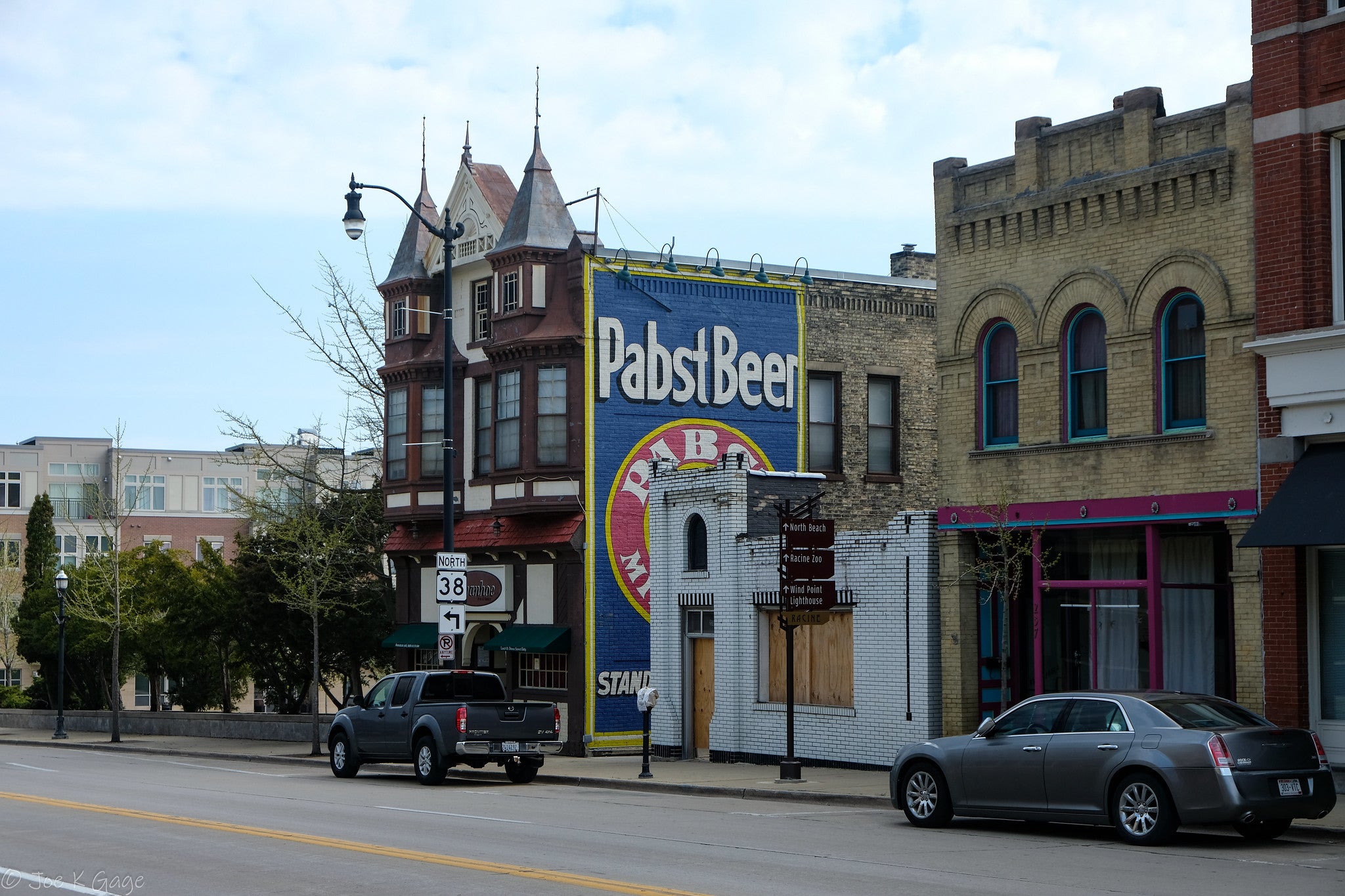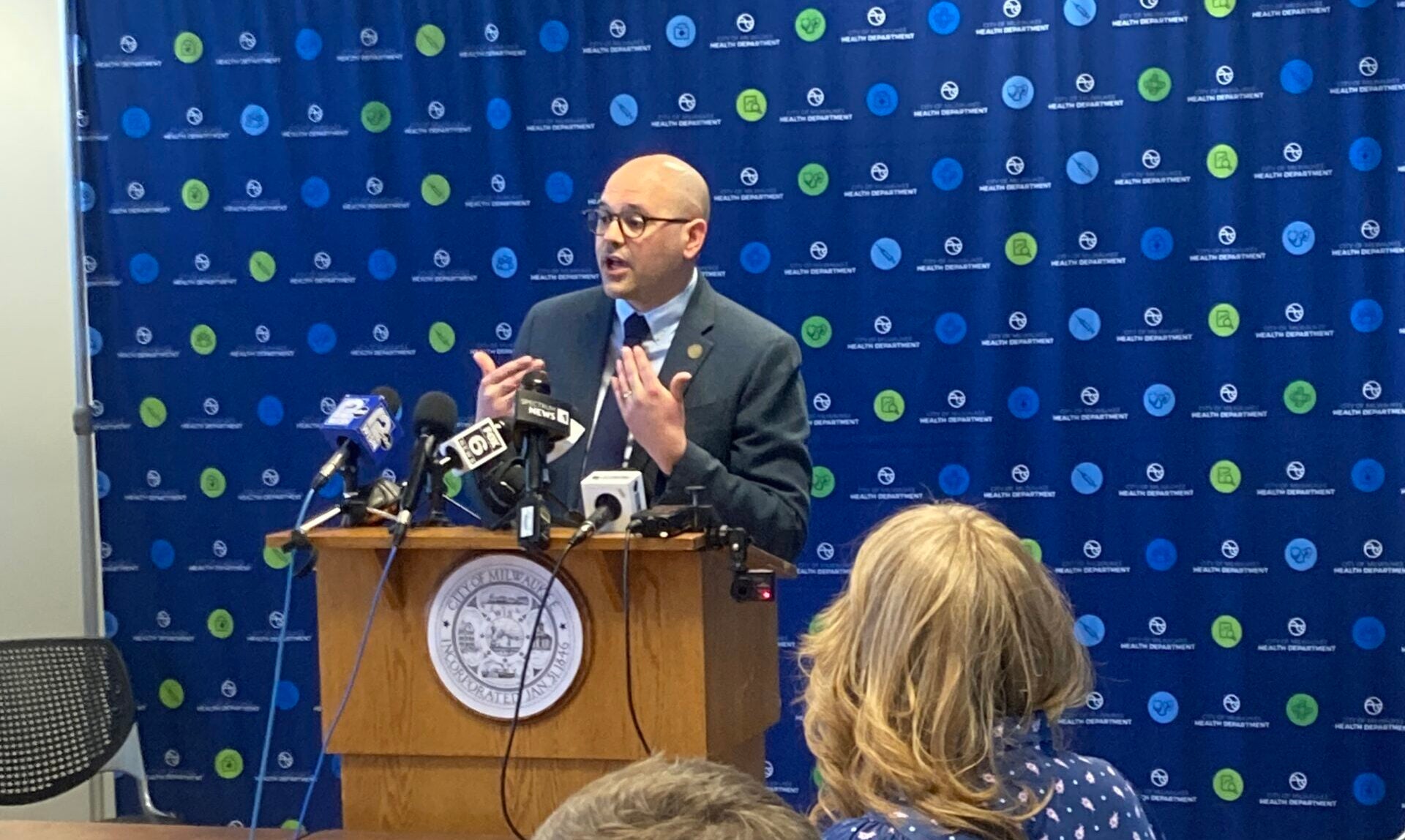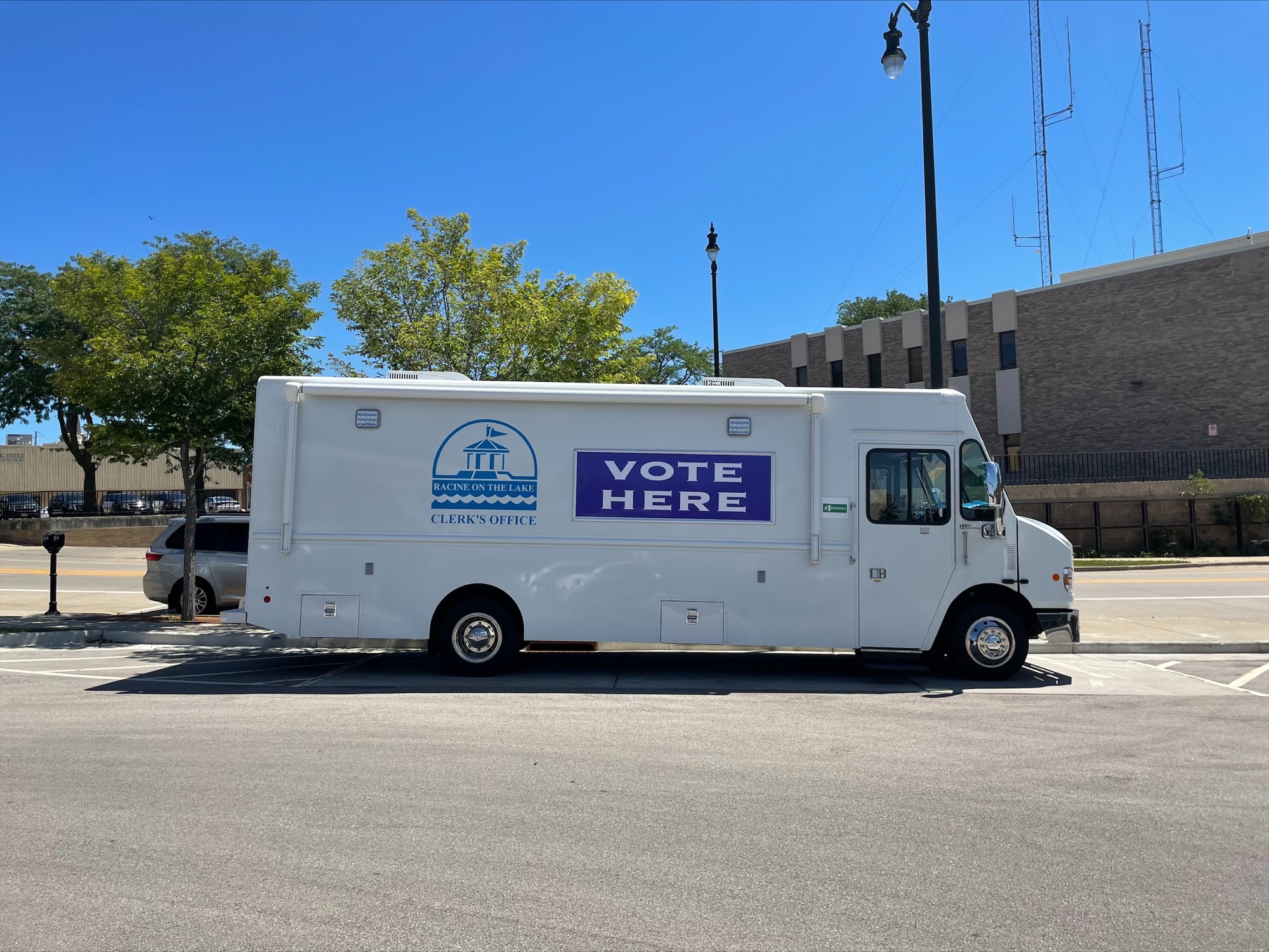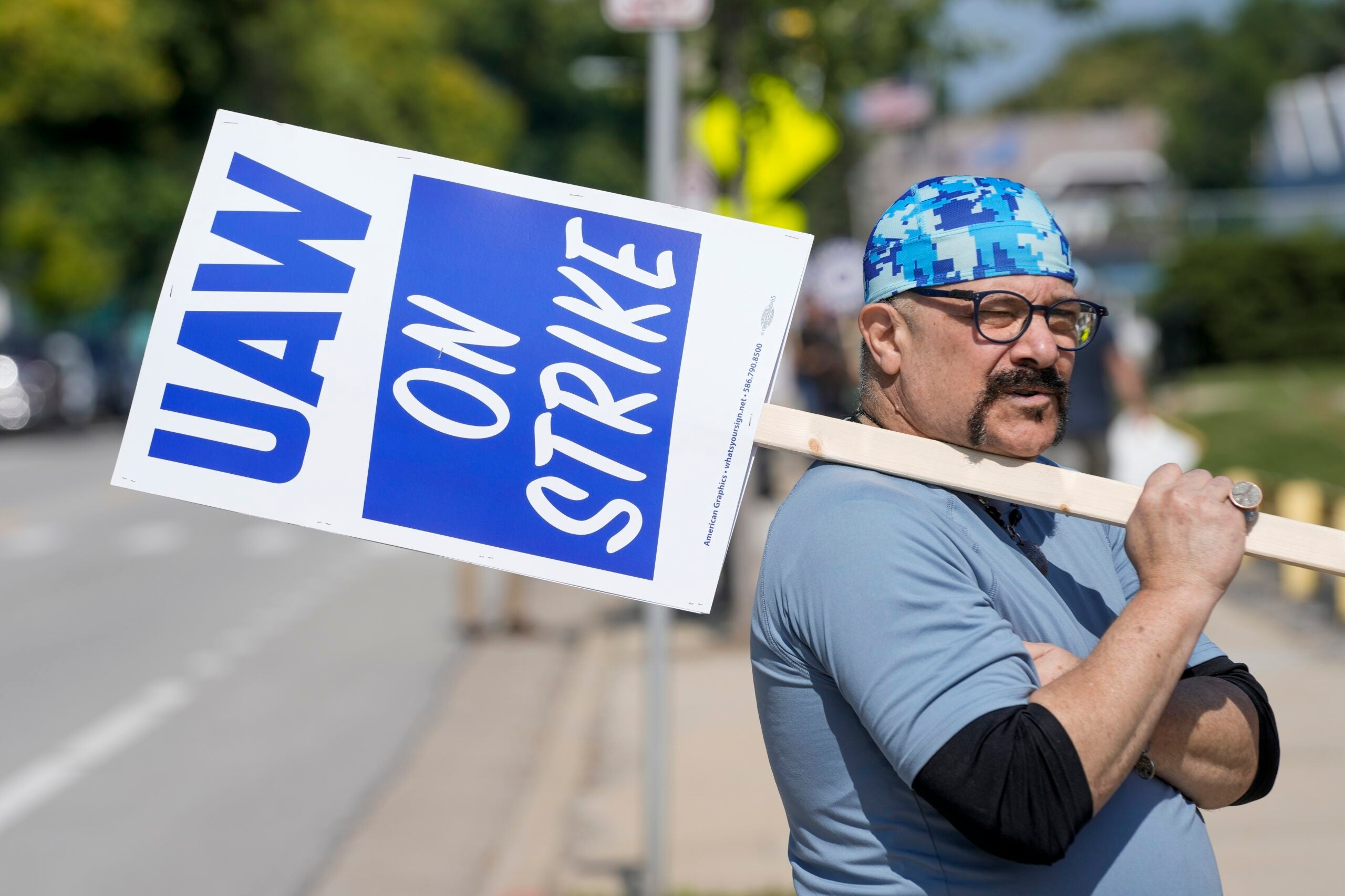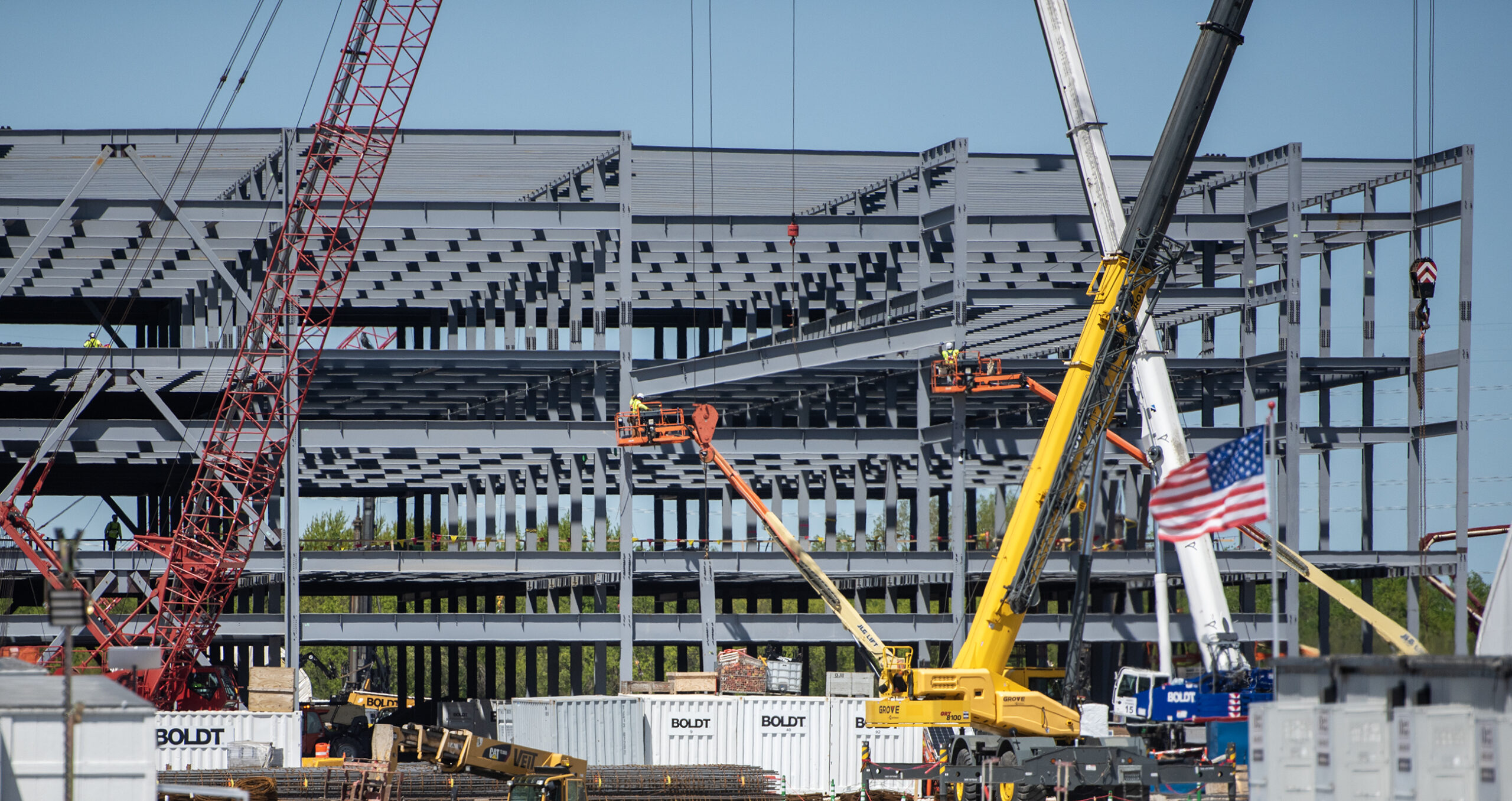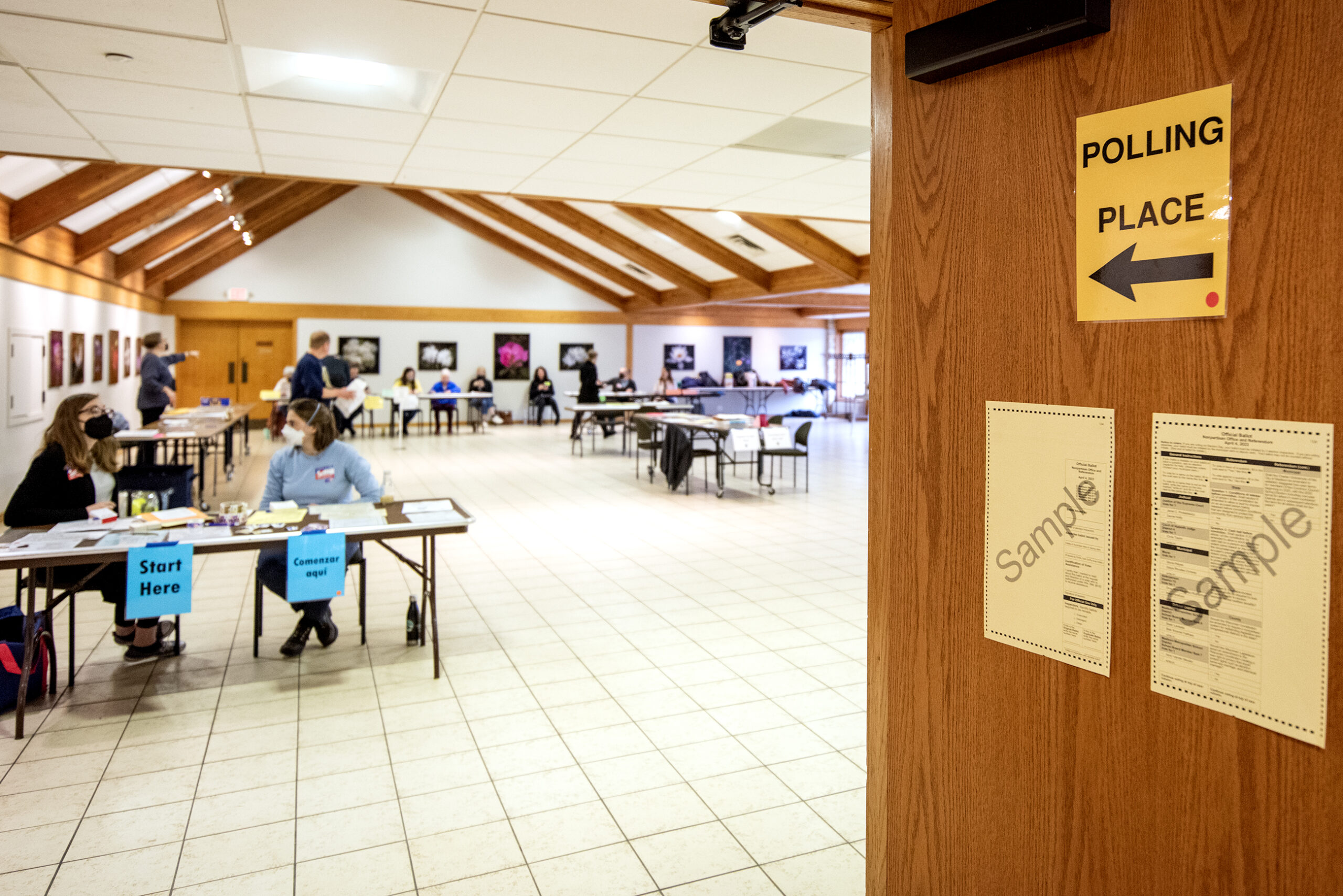With 919.7 confirmed coronavirus cases per 100,000 people, Racine County has become one of the nation’s COVID-19 hotspots.
That figure, reported by the state Department of Health Services, is higher than the positive case rate in the state’s two other hotspots: Milwaukee County, which has 849.7 cases per 100,000, and Brown County, which has 904.6 cases per 100,000.
Racine Mayor Cory Mason said Racine has a large working-class community that puts itself at a higher risk of exposure to the virus.
Stay informed on the latest news
Sign up for WPR’s email newsletter.
“Many of the people testing positive work in health care, work in nursing homes, drive a bus, bag groceries, work in pharmacies,” Mason said. “A lot of them are low-wage workers that don’t have paid sick days and don’t have health insurance. These are the people putting themselves at increased exposure so we can get to the grocery store and get our prescriptions filled.”
As of Wednesday, there had been 1,797 positive coronavirus cases in Racine County, and 41 deaths related to the virus. The city of Racine alone had about 1,250 positive cases on Wednesday, Mason said.
As in Milwaukee, the hardest hit communities have been communities of color. About 45 percent of the city of Racine’s population identifies as African American or Latino. About 85 percent of the coronavirus cases in the city are people of color, Mason said.
There is also disparity between men and women, Mason said. Fifty-seven percent of the positive cases are women.
“We’re deeply concerned about how to get ahead of this,” Mason said.
For the last two weeks, Racine has offered free coronavirus testing. About 4,000 people, or roughly 5 percent of the city’s population, have been tested.
County and city officials recently moved the testing site to J.I. Case High School on Highway 20 in Mount Pleasant, which Mason said is easy to get to and on a bus line.
“To get through this, we need wide-spread testing and contract tracing,” Mason said. “Once we know who has it, we can figure out who they might have exposed to coronavirus.”
Racine has been a hotspot for several weeks. The number of people testing positive has remained steady, but has hovered around 20 percent — three times the state average, Mason said.
Since May 26, the city of Racine has slowly reopened with its “Forward Racine Plan.” Restaurants and bars have reopened at limited capacity and with social distancing rules.
Mason said if the city sees a spike in cases now that Memorial Day weekend has passed or with the recent Black Lives Matter protests, the city might have to consider further restrictions.
“The protests that are going on are understandable and justifiable,” Mason said. “But we need to remind people, we’re still in the middle of a pandemic.”
Wisconsin Public Radio, © Copyright 2025, Board of Regents of the University of Wisconsin System and Wisconsin Educational Communications Board.
